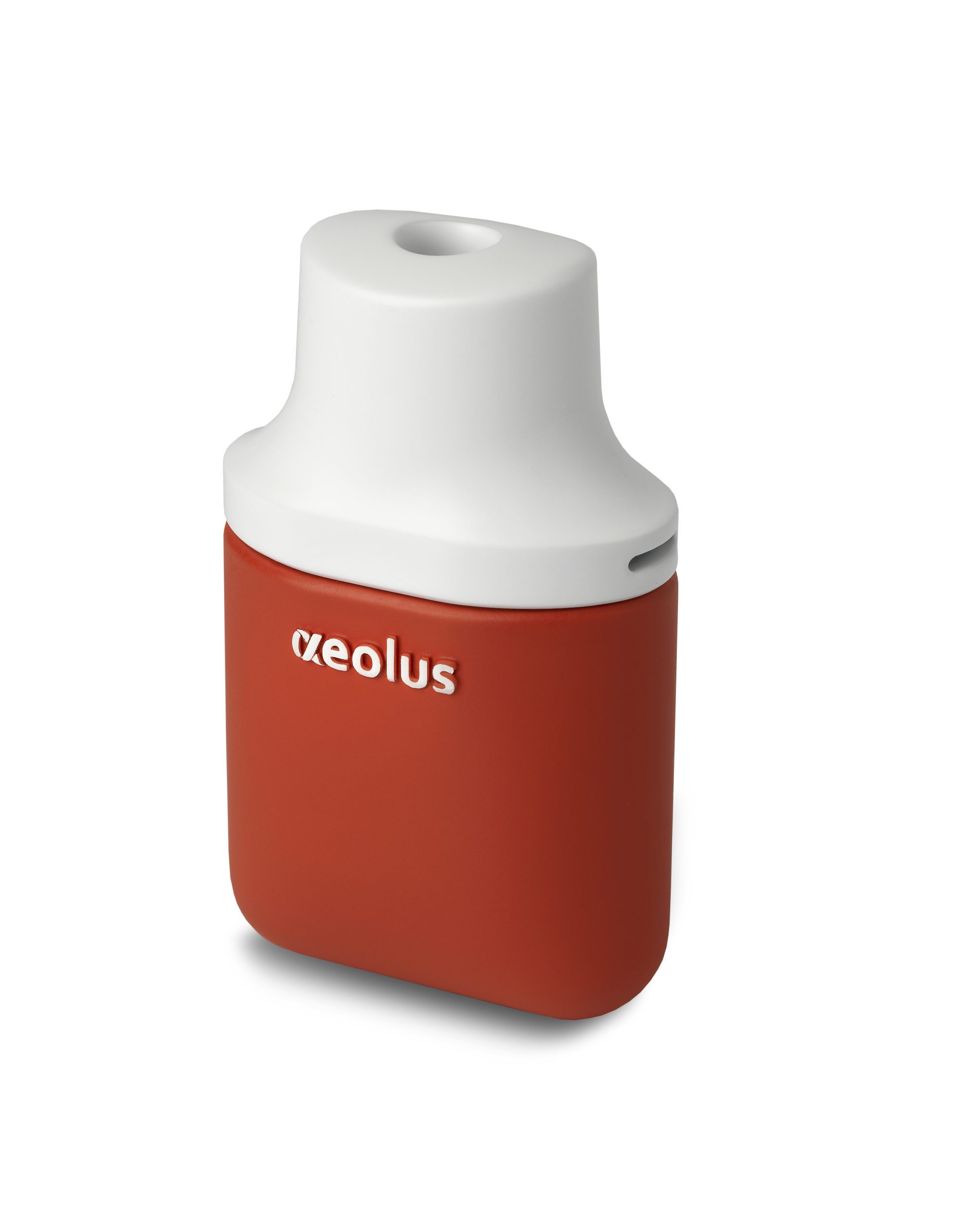Welcome to Cambridge Healthcare Innovations
The time is up for the inhalers used to treat asthma, COPD and other respiratory conditions.
The most commonly used inhaler, the pMDI (or “puffer”) was designed 60 years ago, is hard to use and is highly inefficient. Many other inhalers have been designed since, some of which have made it to market, but a high performance, cost effective inhaler has been elusive.
We’re changing that.
Cambridge Healthcare Innovations are proud to be pioneering a new generation of inhaler technologies.
αeolus
Our revolutionary αeolus dry powder inhaler (DPI) platform is designed to deliver significantly more drug into the lungs rather than into the mouth and throat, unlike now.
It’s designed to be highly independent of inhalation effort, flexible over a wide range of therapies, and breath triggered, so providing consistent dosing with minimal dose wastage.
αeolus technology can be used in a multi-dose inhaler or a simple, small, and low cost single-dose inhaler, with pre-metered unit doses.
Our Vision
A new way to treat asthma and COPD will prevent thousands of deaths and considerable suffering, given there are:
And we don’t want to stop at asthma and COPD. There are many other diseases and treatment areas that could benefit from an inhaled therapy but are beyond the capabilities of current inhalers. Our technology could address that.
Our innovations are available on license to companies wanting to use them to improve patients’ treatments and quality of life.
We don’t offer exclusivity by therapeutic area, only for a company’s proprietary formulation as part of our vision to help as many people as possible.
q-technology
Our q-technology is designed to transform the effectiveness of metered dose inhalers (pMDI).
It addresses two of their major drawbacks: that patients inhale too quickly, and are often unable to coordinate operating the device with inhalation.




